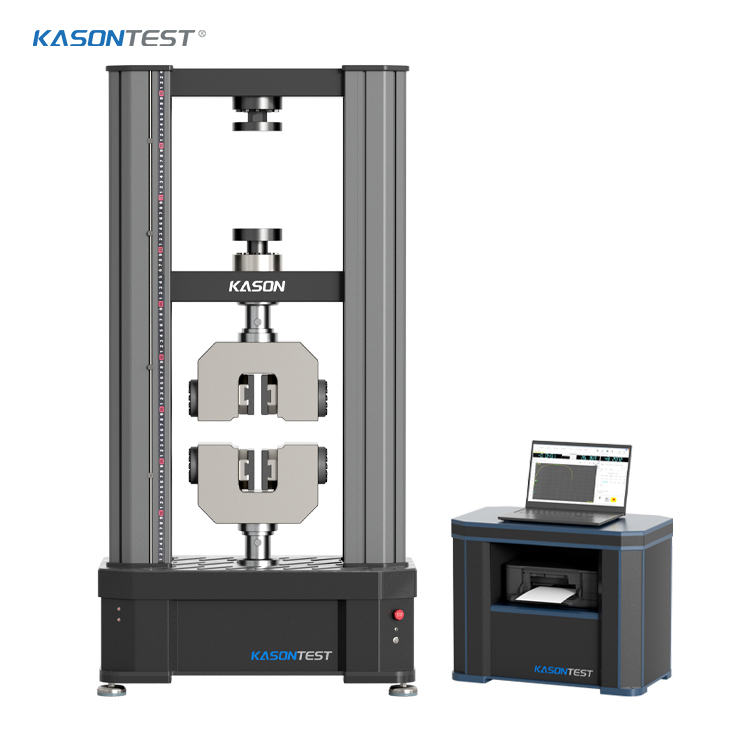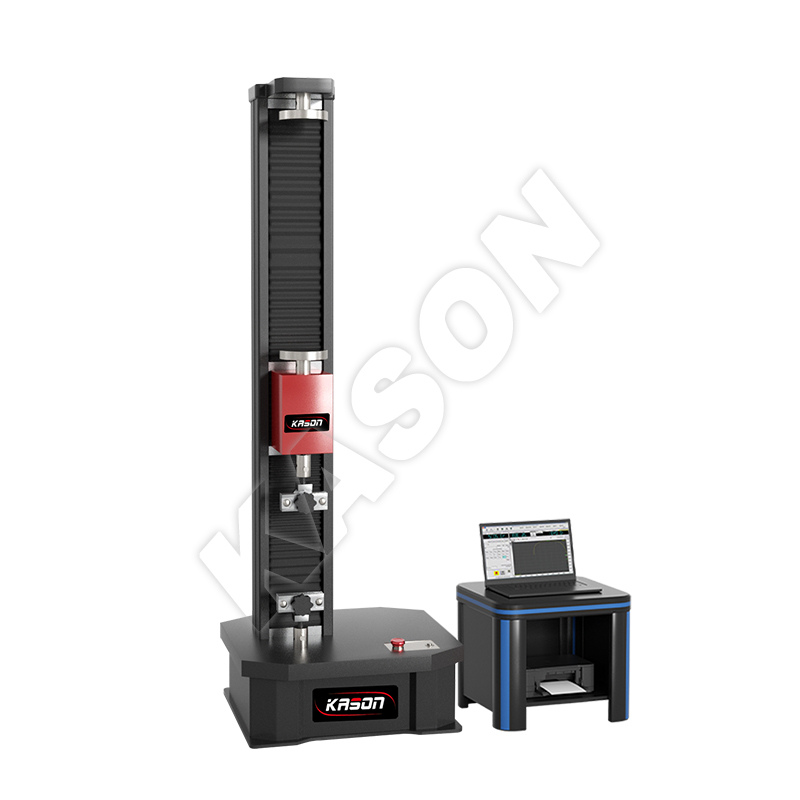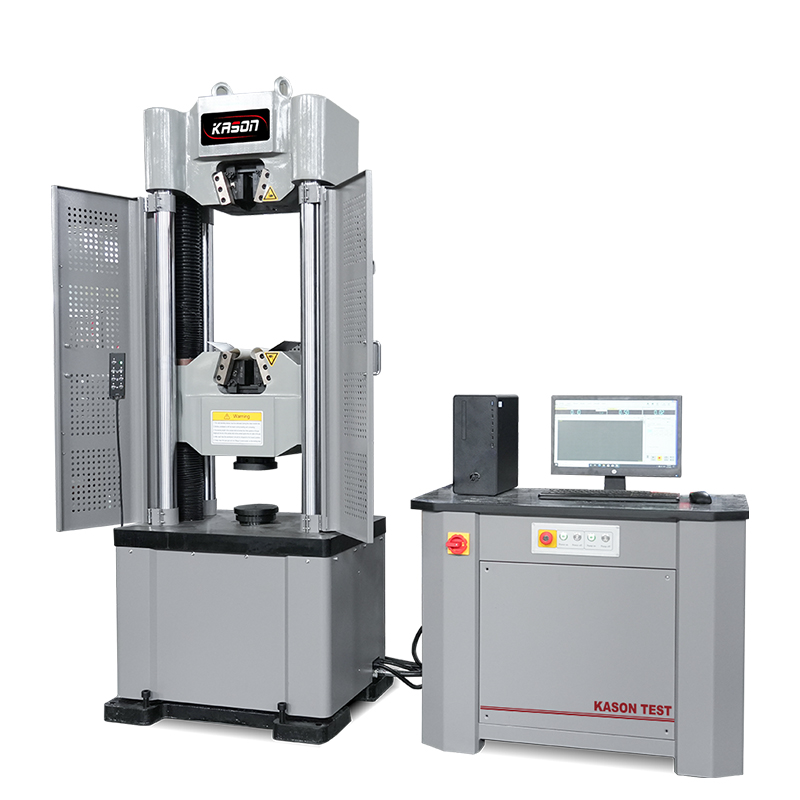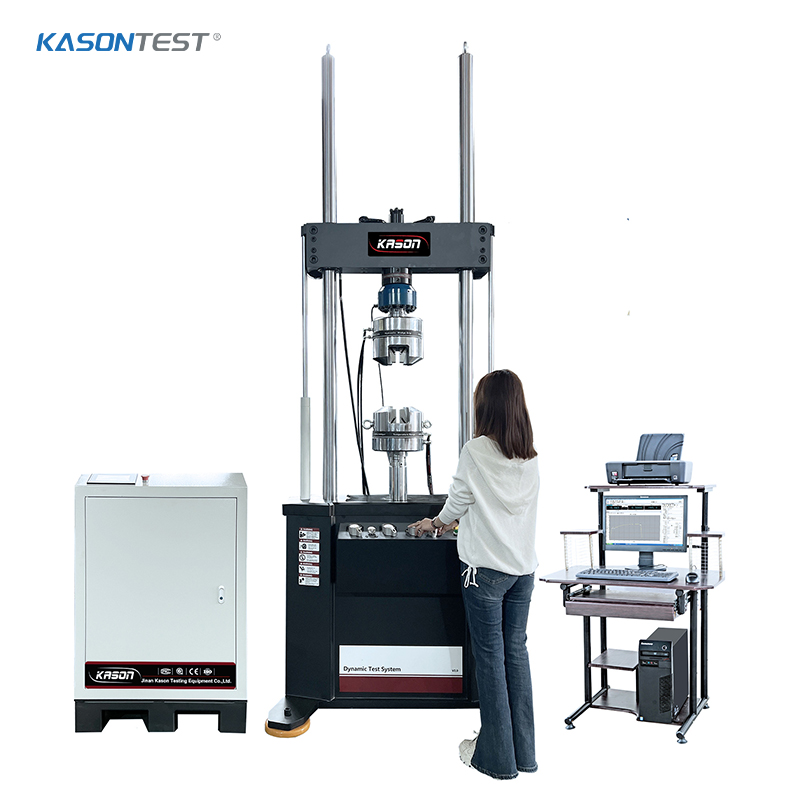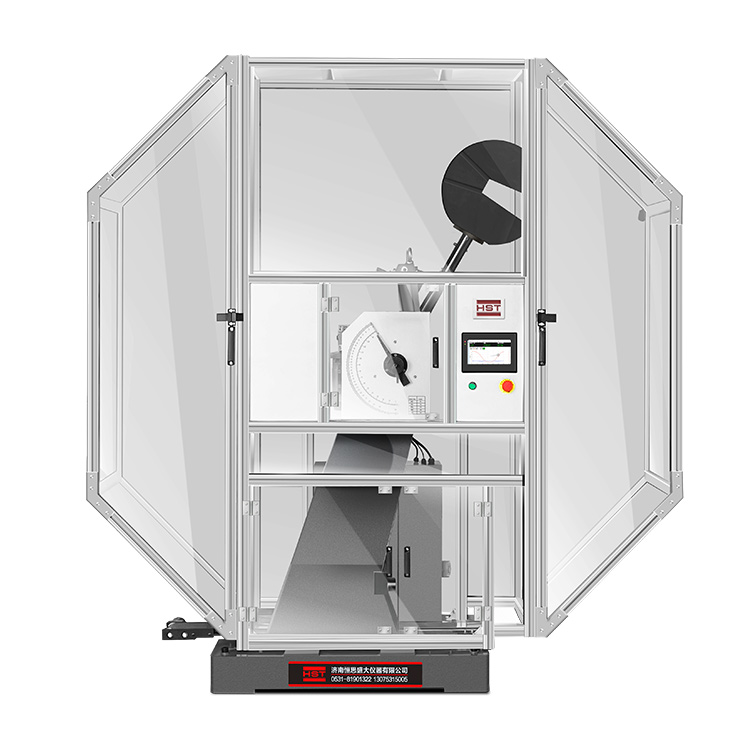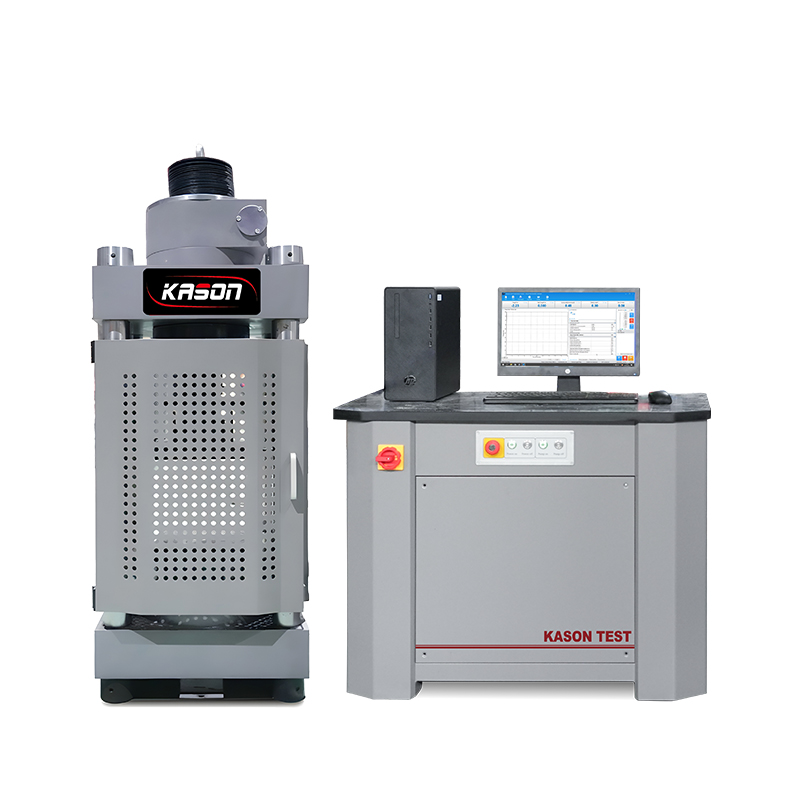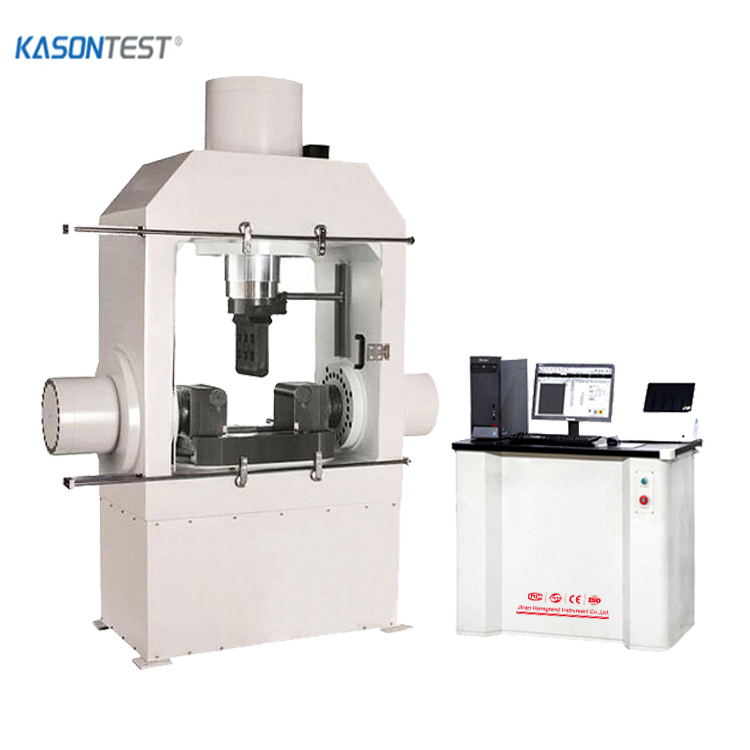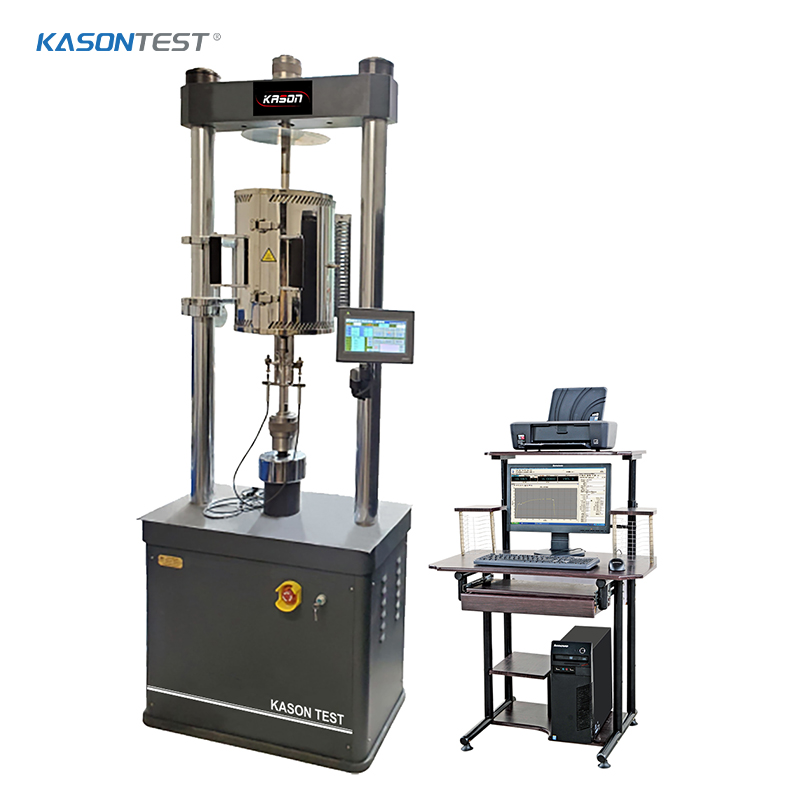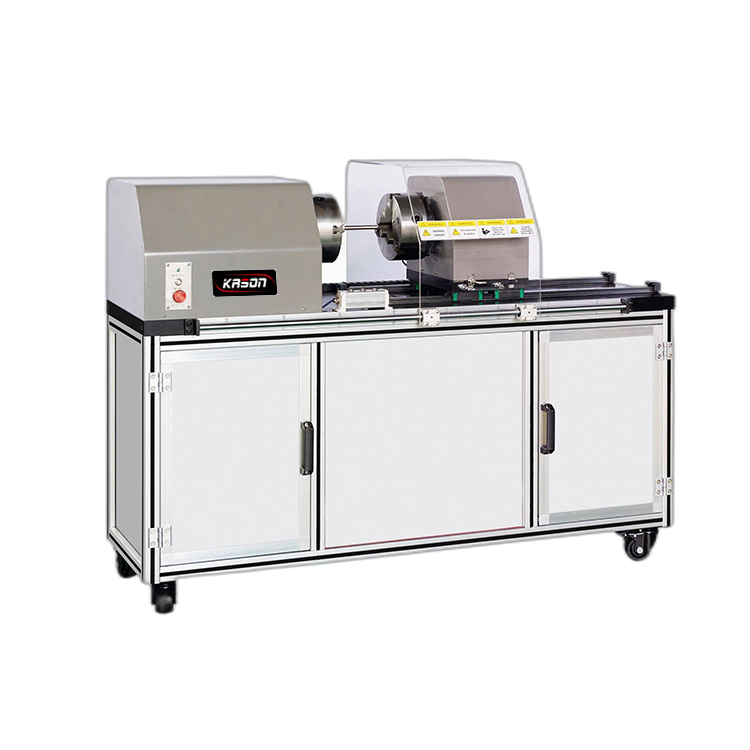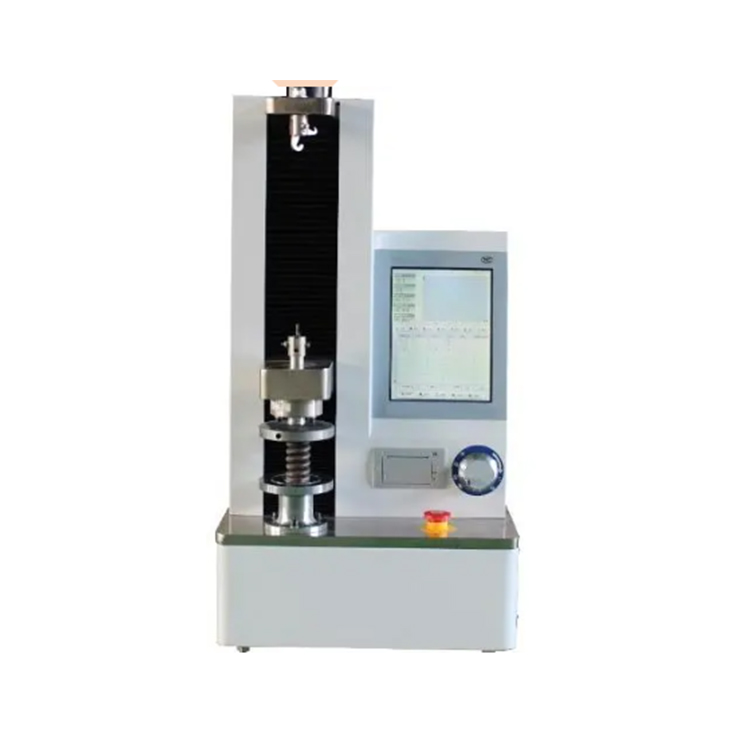Ceramics & Glass Testing
When it comes to testing ceramics and glass, finding the right solution is crucial for ensuring product quality and performance. That's where our expertise and extensive range of ceramics and glass test machine solutions come in.
We take pride in offering a diverse selection of products, making us your go-to source for all your ceramics and glass testing needs. From flexure testers to shear testers, we have more products than anyone else in the market.
Our team of ceramics and glass testing experts is dedicated to helping you find the right solution that meets your specific requirements.
What Is The Purpose of Ceramics Testing?
Ceramics testing is a crucial process that ensures the quality and reliability of ceramic materials. The goal of ceramics testing is to confirm that the ceramic material meets specific standards and requirements for its intended application. This rigorous examination helps manufacturers ensure that their products are safe, reliable, and perform as expected in real-world conditions.
Ceramics are used in a wide range of industries including aerospace, automotive, electronics, healthcare, energy production, and construction. Thorough ceramics testing is essential to guarantee the quality and performance of these materials in their respective applications.
Mechanical Tests for Advanced Ceramics
Due to the inherent brittleness of ceramics, conducting mechanical tests is crucial to assessing their performance under different loads. Here are some important mechanical tests to consider:
Flexural Strength (Bend Test) analyzes the maximum stress that a ceramic can withstand before it fails in a bending mode. For example, when a ceramic beam is subjected to a three-point or four-point bending load until it fractures.
Compressive Strength Tests assess the ability of a ceramic material to withstand compression forces without crushing. This is especially important in the construction, engineering, and manufacturing industries.
Tensile Strength Tests are more challenging for ceramics due to their brittleness. Unlike ductile metals, ceramics are brittle and prone to fracture, making tensile testing particularly significant.
Transverse Rupture Strength (TRS), also known as Modulus of Rupture (MOR), is a widely used test for measuring the bending strength of silicone carbide. This test involves using a special three-point flexural fixture to load a bar-shaped specimen.
Young's Modulus measures stiffness or resistance to elastic deformation.
Glass Testing & Other Brittle Materials
Testing the strength of brittle materials requires the use of flexural or bend fixtures that are configured with articulating (self-aligning) anvils. This is because brittle materials can easily fracture if there is any misalignment during the testing process.
Glass flexural strength test equipment and procedures are similar to ceramics. The tests measure resistance to bending, which is crucial for architectural glass, windshields, and other load-bearing applications.

